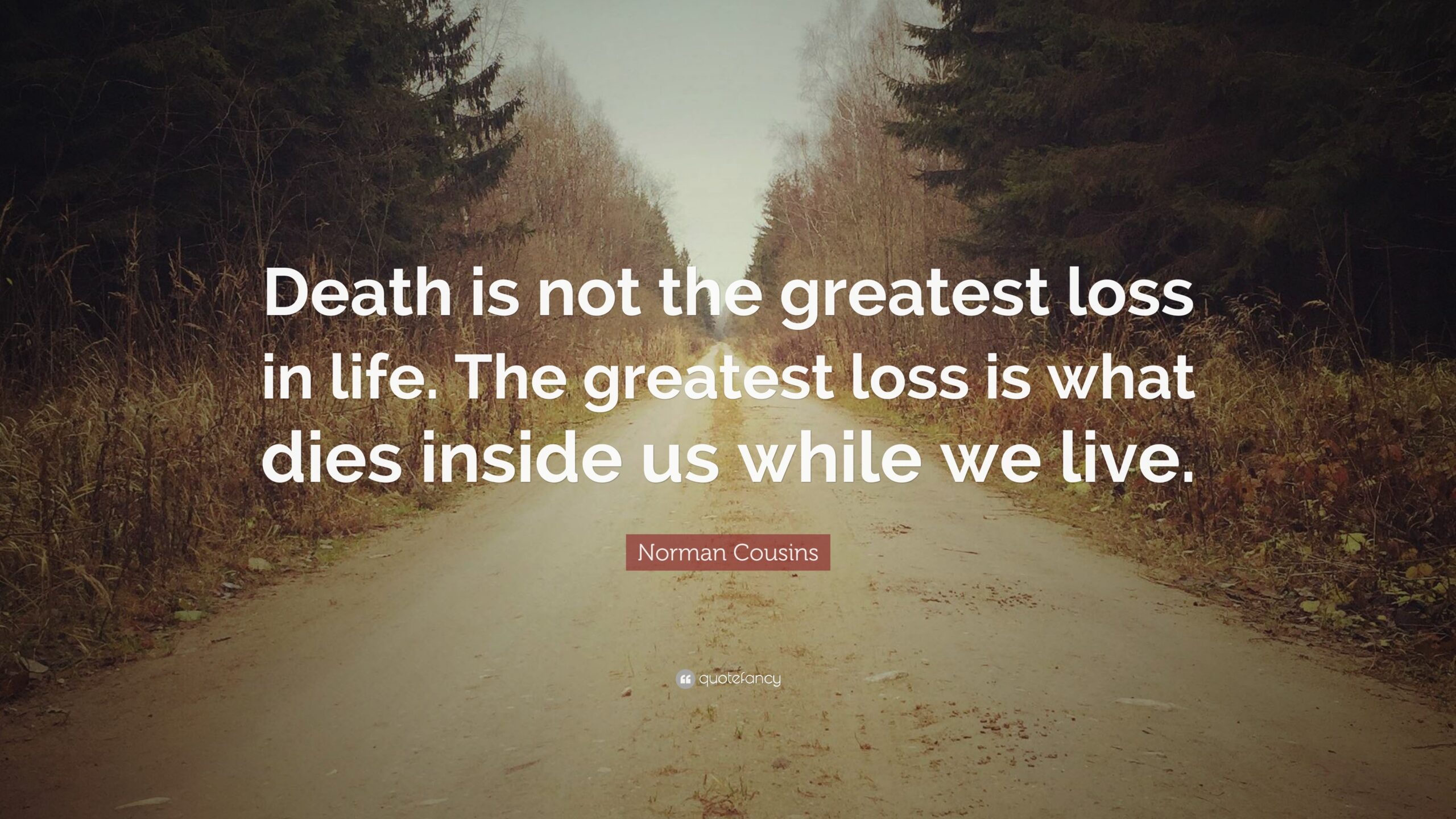
The beginning of the holiday season brings many of us closer to family and friends whom we love and cherish. Unfortunately, at least for me as a mental health professional, I then start thinking about how devastating it can be to lose a loved one. In fact, a surprising number of topics that come up in my office have to do with grief and grieving.
I received an email from a reader who asks why people sometimes back away from friends who are very sick or who are mourning the death of a loved one. After her husband passed away, she confronted several of her friends about why they just sort of … disappeared. All she got were stammering answers like, “I didn’t want to bother you” or, “I just didn’t know what to say.”
Nobody feels comfortable thinking about death and dying. But this discomfort is normal. The problem begins when friends or family won’t admit this emotion to themselves. They repress or ignore it, because they’re ashamed that they have it, yet they end up procrastinating, denying and making excuses. My advice is that they simply face the stark reality that death is awful. By acknowledging the discomfort, they can perhaps confront the situation.
When dealing with the terminal illness of a friend or family member, don’t try to motivate yourself by thinking, “It’s selfish to avoid this situation. I should be more charitable and giving.” This isn’t effective, and it’s an insult to your dying friend. He or she is probably not looking for your charity. It’s perfectly valid to consider his or her well being, but you have to consider yourself as well. If you ignore your feelings, you’ll end up avoiding the situation and being no comfort to the person who’s dying. Your support will come across as fawning and insincere.
Before confronting things head-on, you must first be easier on yourself. Don’t worry about what to say. Just “being there” shows you care. Don’t feel that you must have all the answers. Just be a good listener.
I don’t question the sincerity of people who tell the bereaved, “I didn’t know what to say.” That’s most probably true. But their assumptions are flawed. First, they felt that they were expected to say something that would magically make everything better, and second, they assume that all people want to be left alone when they’re experiencing a horrendous loss. Wrong on both counts.
Not everybody experiences grief in the same way. Some people do want to be left alone, at least some of the time. Death of a spouse, child or a close friend feels like a catastrophe. But during these times, it’s natural to want stability, reassurance and continuity. And this is accomplished by contact with others. The same applies to the person who’s dying. If you underrate the value of “being there,” then you’re going to end up inadvertently hurting the people you thought you were helping by leaving them alone. You’re also going to end up with a lot of unnecessary regret.
Several years ago a friend of mine was dealing with the terminal illness of her husband. She told their friends, “Call him and talk to him. Don’t worry about what to say. It will allow him to think about something other than doctors and hospitals. He wants to know that something else is going on in the world other than his illness.” How insightful! Don’t assume the dying person wants to talk about his problems. If he does, you have to be ready for it, but maybe he just wants to forget for a while. Friends can provide support by simply being there.
Some of us are intimidated by people going through loss. “I should leave them alone during their time of sorrow.” We begin to think of people as elusive celebrities who just yesterday were our everyday friends — just because somebody died. Leaving them alone is not a rationalization for not being there for them.
Don’t try to motivate yourself with, “I shouldn’t be selfish.” It’s OK to think of your own feelings and fears! Self-preservation is the core human motivation. And there is true self-preservation in maintaining the friendships that are important to you, even through sickness and the inevitability of death.
Don’t let procrastination and indecision turn into regret. Forever is a very, very long time.
